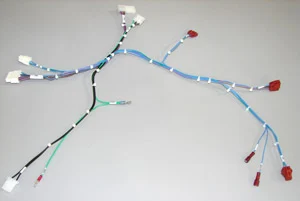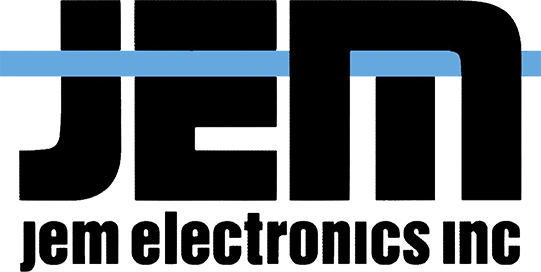Discover the key factors to consider when evaluating a cable assembly partner to ensure a successful partnership.
Understanding Your Requirements
When evaluating a cable assembly partner, it is crucial to have a clear understanding of your requirements. This involves determining the specific cable assembly needs of your project or product. Consider factors such as the type and size of cables required, the complexity of the assembly, any special features or functionalities needed, and the desired performance specifications. By clearly defining your requirements, you can effectively communicate them to potential partners and ensure that they have the capabilities to meet your needs.
Another important aspect of understanding your requirements is considering any industry-specific standards or certifications that your cable assembly partner needs to comply with. Depending on your industry, there may be specific compliance requirements related to safety, quality, or environmental regulations. Ensuring that your partner can meet these standards is essential for a successful partnership.
Quality Assurance and Compliance
Quality assurance and compliance are critical factors to consider when evaluating a cable assembly partner. You want to ensure that the partner has robust quality control processes in place to deliver reliable and high-quality cable assemblies. Look for partners who have certifications such as ISO 9001, which demonstrates their commitment to quality management systems.
Additionally, it is important to assess their compliance with industry-specific standards and regulations. This includes certifications like UL, RoHS, or IPC-A-620, depending on your requirements. A reliable cable assembly partner will have a strong focus on quality assurance and compliance to ensure that their products meet the necessary standards and regulations.
Technical Expertise and Capabilities
Technical expertise and capabilities play a vital role in evaluating a cable assembly partner. You want to partner with a company that has a skilled and experienced engineering team capable of handling complex cable assembly projects. Look for partners who have a track record of successfully completing projects similar to yours.
Consider the partner’s manufacturing capabilities as well. Do they have state-of-the-art facilities and equipment? Can they handle large production volumes if needed? Assessing their technical capabilities will give you confidence in their ability to deliver high-quality cable assemblies that meet your specifications and requirements.
Communication and Customer Support
Effective communication and reliable customer support are essential when evaluating a cable assembly partner. You want to work with a partner who is responsive and proactive in their communication. They should be readily available to address any concerns or questions you may have throughout the project.
Customer support is equally important. A reputable cable assembly partner will prioritize customer satisfaction and provide timely assistance when needed. They should be willing to collaborate with you, offer technical advice, and provide regular project updates. Good communication and customer support contribute to a smooth and successful partnership.
Cost and Value Proposition
Cost is an important consideration when evaluating a cable assembly partner, but it should not be the sole determining factor. Instead of solely focusing on the lowest price, consider the overall value proposition that the partner offers.
Evaluate the partner’s pricing structure and compare it with their capabilities, quality, and customer support. A partner who provides excellent value for money may offer additional benefits such as shorter lead times, customizability, or design assistance. Balancing cost with the overall value proposition will help you choose a cable assembly partner that meets your budget while delivering high-quality products and services.



